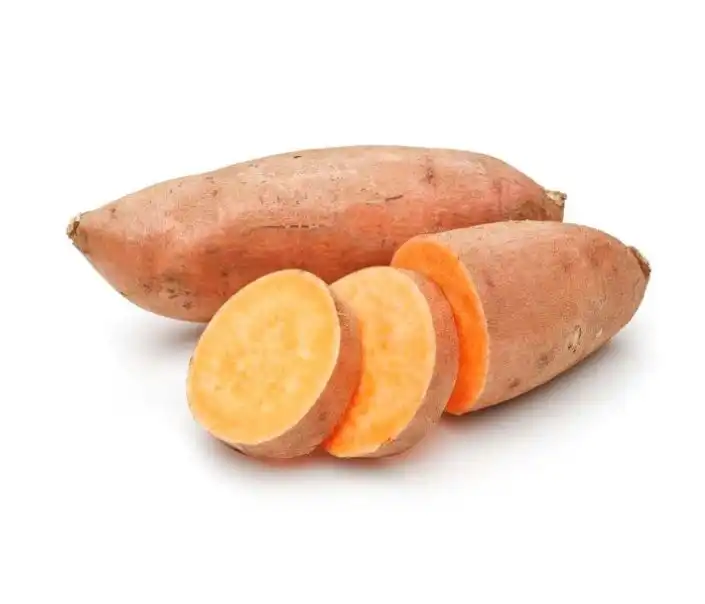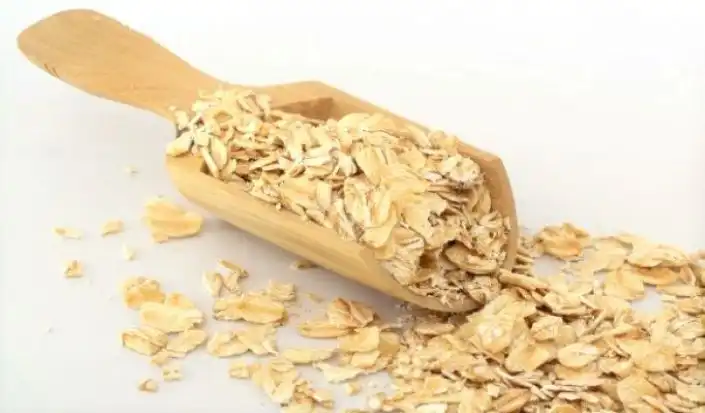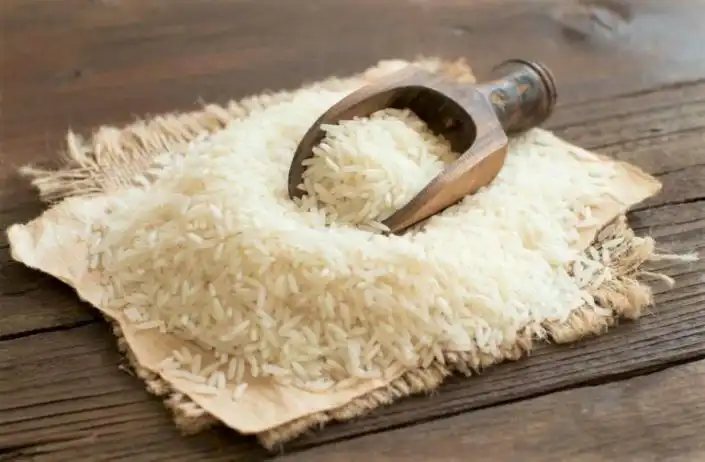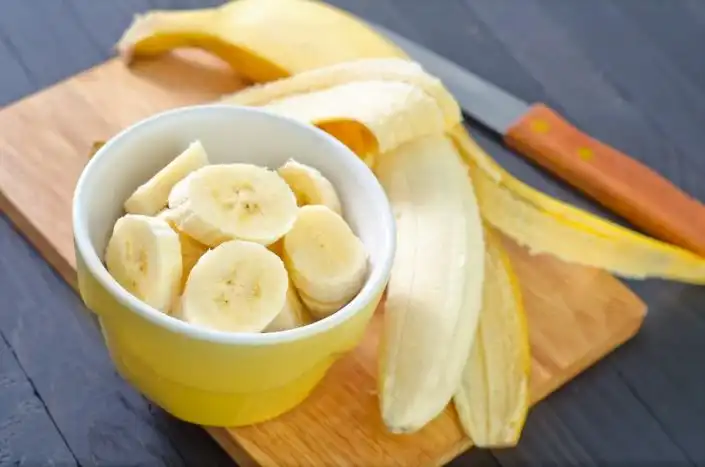Health Tips: How many carbohydrates do our body needs?
In the current scenario, there are different diets followed by many people without proper guidance. People fail to realize that these kinds of diet plans are healthy, well-balanced, and unsustainable. Our body needs all the nutrients in adequate hormones and in the correct proportions to work correctly. In the same way, carbohydrates play a role in this routine. First, you must know the difference between healthy and unhealthy carbohydrates.
Related Posts
Table of Contents
What are carbohydrates
Carbohydrates are one of the big three macronutrients, along with protein and fat. Eating carbohydrate enters your bloodstream in a form called glucose, which is your body’s preferred fuel source. Your brain relies on carbohydrate for energy vegetables, fruits, dairy products and whole grains, which are some of the best sources of carbohydrates.
Which carbohydrates should be avoided:
When people say that carbohydrates are a fad or should be avoided, they usually talk about sugars and refined carbohydrates like white bread, white rice, and noodles limiting your sugar intake. Refined carbohydrates are generally a good idea, though, because the calories can add up quickly, and these foods don’t offer much in the way of vitamins, minerals, or fiber. However, you still want to give your body the carbohydrate that it needs from better sources.
Misconception:
People often used to say that by eating carbohydrates, we get fat. Our body fat percentage increases because you get 4 calories in 1g of carbohydrates. Same, in 1g protein, you get 4 calories, which means whether you eat carbohydrates or protein, you will get the same amount of calories. But yes, when you start overeating and consume more calories, your body doesn’t need that much, which means the excess calories you intake that’s converted into fat.
Healthy Sources of Carbohydrates
The first source is sweet potato.
Sweet potato is a complex carbohydrate; It gets digested very slowly in our bodies.
Due to this, it provides energy to our bodies for an extended period.
This is an essential source of vitamin A which keeps our immunity strong
And you will get plenty of fiber in it, so your gut will be healthy.
It is an excellent antioxidant; in 100g of sweet potato, you will get around 26g of carbohydrates.
But sweet potato is not available in many seasons; you can also eat regular potatoes. It is also equally good.
The Second source is oats
It is also a great source of complex carbohydrates, called the healthiest whole grain on the planet.
People who eat oats have good heart health as they get a good amount of fiber.
It decreases your bad cholesterol and controls your blood sugar level.
You can take it in breakfast or pre-workout as In 100g of raw oats; you will get 68 g of carbohydrates.
But those who want to have a pre-workout should eat 2 hours before.
The Third source is rice
White rice or brown rice is highly rich in proteins, but the only difference is that brown rice is a bit difficult to digest.
People who have digestion problems should eat white rice. And in rice, you will get magnesium, iron, and b vitamins.
You will get 80g of carbohydrates, In 100g of raw rice.
And if you want to know the best time to eat it, you can eat it at lunch or take it post-workout.
The fourth source is bananas
You will get approximately 25 to 27g of carbohydrates in a medium-sized banana.
The specialty of bananas is that they easily get digested and provide instant energy.
People who are losing weight believe that they should not eat bananas.
So those people who want to gain weight can eat 2 -3 bananas as You get plenty of potassium in bananas.
The fifth source is whole wheat chapati
We can eat chapati because chapati is such a popular food. You will get 13 to 15 g of carbohydrates.
The most helpful thing is that chapati is diabetic-friendly.
And nowadays so many types of bread have started coming into our homes.
In comparison, it is not 100% whole wheat.
Carbohydrates our body needs
Guidelines recommend around 50% of calories come from carbs. Take an average adult weighing 70kg who wants to maintain weight: They need approximately 2,000 calories daily. If 50% of this comes from carbs, which have 4 calories per gram, they’ll aim for 250g of carbs per day. Some people with diabetes may wish to have a lower intake of around 40% to help reduce the rise in blood glucose after a meal.
It’s important to consider not just the quantity of carbs but the type and quality too. Instead of white bread, white rice, and foods high in sugar, consider choosing wholegrain varieties and plenty of fruit and vegetables. These contain more fiber, antioxidants, vitamins, and minerals, which are linked to a healthy gut, and a lower risk of heart disease and some cancers. Using the Carb & Calorie Counter book and app, you can monitor your daily carb consumption.